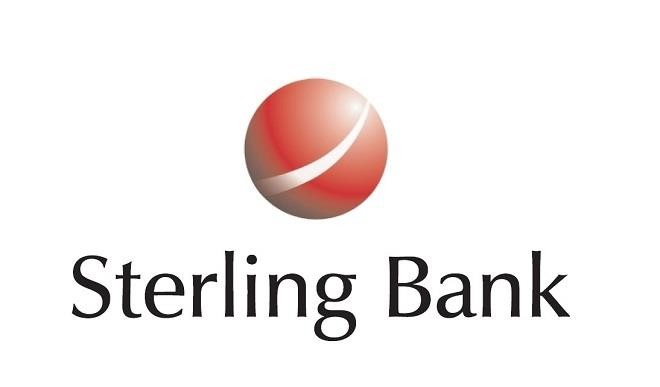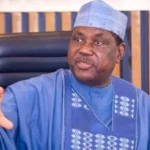ZOLA Electric has signed a Memorandum of Understanding (MoU) with Sterling Bank as part of effort to deepen the penetration and accessibility of solar energy in Nigeria.
The MoU provides an opportunity for more Nigerians to enjoy reliable 24-hour power supply with ZOLA’s power solutions via loans from the bank.
Speaking shortly after the signing of the MoU, the Chief Executive Officer of ZOLA Electric, Bill Lenihan, noted that the company was excited about the event as it would provide opportunity for households and organisations who were desirous of reliable 24-power supply to own ZOLA’s unique power solutions.
Lenihan explained that the MoU was a significant step in the right direction in view of the energy access crisis confronting Nigeria, which had seriously stalled economic growth, resulted in health hazards, as well as climatic challenges to the environment.
He, therefore, expressed optimism that this would help in making the product affordable and accessible to consumers through its various packages.
While delivering his welcome address, the Managing Director of ZOLA Electric Nigeria, Abdallah Khamis, explained that ZOLA remained the number one power solution pioneer, successfully delivering clean, affordable and reliable power solutions across Africa, with success stories in Tanzania, Rwanda, Côte d’Ivoire and Ghana.
“We are super delighted to bring our clean, affordable and reliable 24-power solutions available to Nigerian homes, businesses and organisations. And while financing has been identified as one of the key limitations for consumers to acquire renewable power solutions, we can now offer, through this MoU with Sterling Bank, product financing to interested customers.”
He noted that the company remained committed to offering unique solutions to Nigerians on a long-term basis, adding that products being offered by the company were tailored towards meeting the needs of customers.
The Chief Executive Officer of Sterling Bank, Abubakar Suleiman, said the bank considered the MoU as a significant step towards finding a lasting solution to one of the major challenges affecting economic growth in Nigeria, explaining that it would go a long way to facilitate easy acquisition of the solutions by Nigerians who were fed up with power supply crises from both the national grid and other energy sources.

 Join Daily Trust WhatsApp Community For Quick Access To News and Happenings Around You.
Join Daily Trust WhatsApp Community For Quick Access To News and Happenings Around You.


